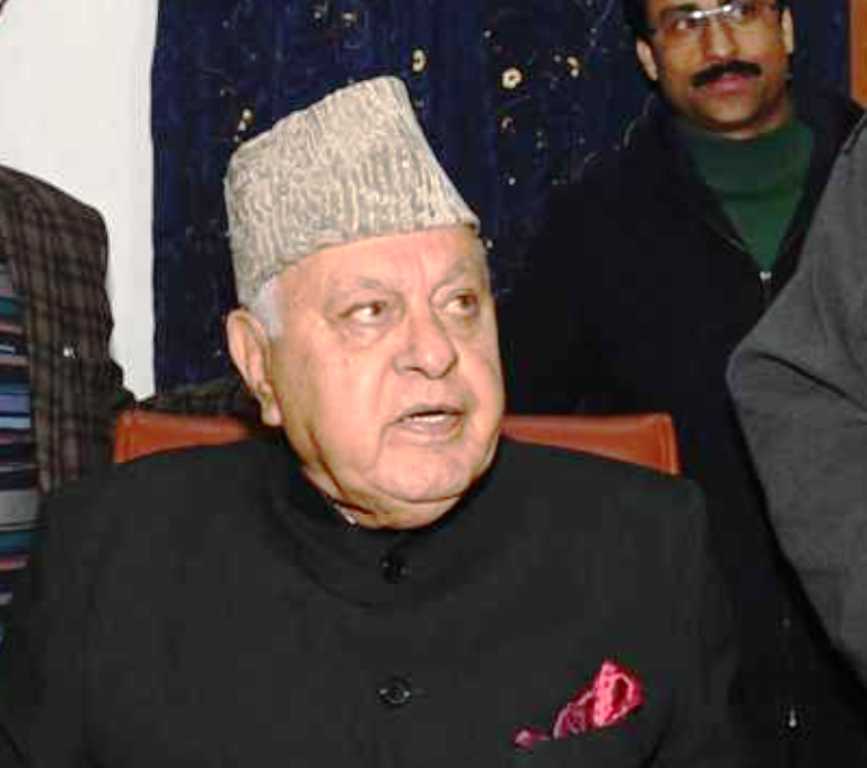Srinagar
As India goes into a 21-day lockdown, the home ministry said shops dealing with food, groceries, dairy and milk, meat, fish and animal fodder as well as banks/ATMs, petrol pumps, hospitals and all related medical establishments will be exempt from the lockdown that requires commercial and private establishments to close down.
However, district authorities maybe encouraged and facilitate home delivery of food and essential items to minimise movement of individuals outside their homes, the home ministry guidelines regarding the lockdown stated.
Importantly, any person violating the containment measures for COVID-19 will be liable for action under Section 51 to 60 of Disaster Management Act, 2005 as well as Section 188 of Indian Penal Code. Those violating said provisions of the Disaster Management Act can be punished for imprisonment ranging from 1 year to 2 years or with fine. Section 188 of IPC provides for jail up to one month or Rs 200 fine for defying order or a public authority and in cases where the violation puts human life or health in danger, it lays down up to six-month imprisonment or Rs 1,000 fine as penalty.
Banks and ATMs will remain functional during the lockdown, as will telecom and internet services, print and electronic media and cable/DTH services. E-commerce sites can deliver food, pharmaceuticals and medical equipment. Petrol pumps shall remain open as will capital and debt market services as notified by SEBI. Private security agencies are also exempt, which means that private security guards can report for duty during the lockdown period.
After Prime Minister Narendra Modi’s announcement of a 21-day lockdown across the country, the Indian Railways on Wednesday announced that its suspension of all passenger services will continue till April 14 in the wake of coronavirus outbreak. However, freight movement will continue to carry essential commodities across the country, officials said.
PM Modi on Tuesday announced a complete lockdown across the country for 21 days from Tuesday midnight, asserting that this is necessary for a decisive battle against the coronavirus outbreak. In his second address to the nation on the pandemic, Modi said the decision will have an economic cost but saving people’s lives is of the paramount interest.
All Central government offices will be closed except those related to defence, Central para-military forces, disaster management, power generation and transmission units and post offices. Similarly, state government offices will remain closed except that of police, home guards, civil defence, fire and energy services, prisons, district administration, electricity and water supply and sanitation. Municipal bodies will remain functional but only with staff required for essential services like sanitation etc.
Dispensaries, medical equipment manufacturing and distribution units, laboratories, clinics etc will remain functional. Transportation of all medical personnel and paramedics will be permitted.
While industrial establishments will remain closed during the lockdown, manufacturing units of essential commodities will remain open. All transport services – air, rail and roadways — will remain suspended for the next three weeks, though they may be used for transportation of essential goods and for fire, law and order and emergency services.
Only those hotels and homestays which are accommodating persons stranded due to lockdown, medical and emergency staff, air and sea crew will be allowed to remain open. All educational institutions and coaching centres will remain shut. All places of worship will remain closed to the public and no religious congregation allowed. There will be no exceptions.
All social, political, sports, entertainment and cultural gatherings will be barred. While funerals will be allowed, the gathering cannot exceed 20 persons.
Those who have arrived in India after February 15, 2020, and all such persons directed by healthcare personnel to remain under quarantine must do so, failing which they will be liable to action under Section 188 of IPC.
The organisations and employers exempted from the lockdown must exercise necessary precautions and ensure social distancing measures.
The containment measures will be enforced by district magistrate who will deploy executive magistrates as ‘incident commanders’. All other line department officials in the area under incident commander’s jurisdiction will work under the latter’s directions. Incident commanders will also issue passes for essential movements during the lockdown.
“All enforcing authorities to note that these strict restrictions fundamentally relate to the movement of people, but not that of essential goods,” the home ministry has underlined, reported ANI.















